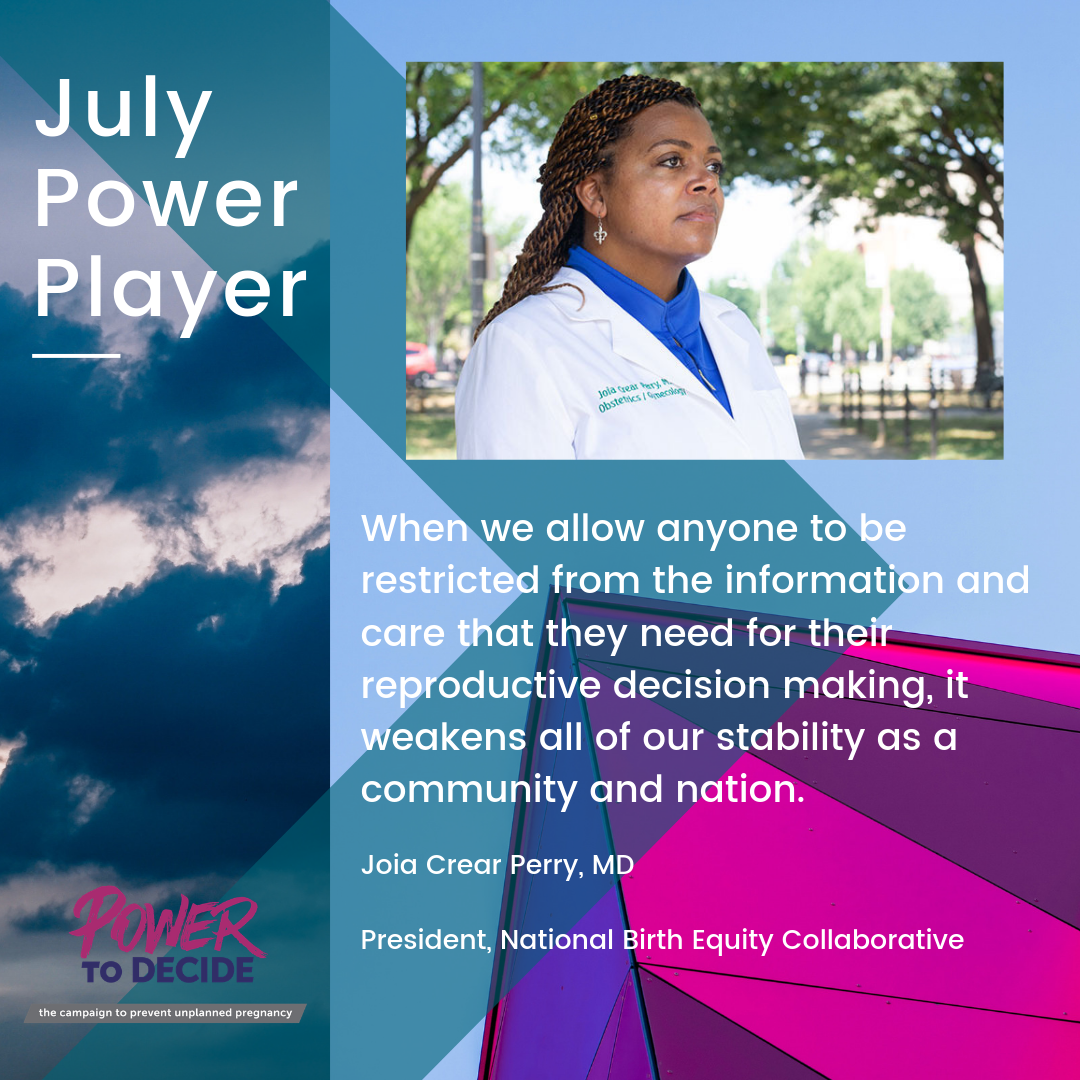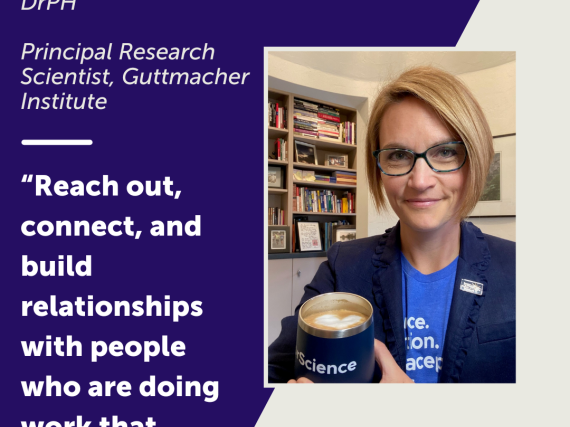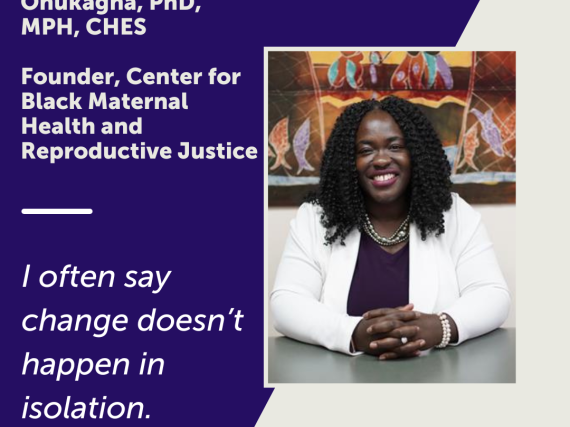July 2019 Power Player
At Power to Decide, we’re committed to uplifting the many individuals on the ground doing the work that matters most. Each month we highlight an individual who is championing the effort to give young people the power to decide if, when, and under what circumstances to get pregnant and have a child. Check out this month's Power Player profile.
Joia Crear Perry, MD
President, National Birth Equity Collaborative
What work have you done to ensure that young people have access to high-quality sexual health information or high-quality contraceptive services so that they can decide if, when, and under what circumstances to get pregnant and have a child?
I have worked to provide education and policy recommendations to local, state and federal officials around the importance of high-quality sexual health information and contraceptive services are for young people to ensure they have what they need for whatever their reproductive choices are.
How did you get started in your field? What is your driving force?
While in college at Princeton, I became pregnant with my daughter. When I sought out a provider who was a Black woman, I could not find very many. And the few that I did find had long waits. I knew that there was a large desire not only by me, but others who looked like me to receive care from someone who looked like me. I had my second child during medical school prematurely. He was born weighing a little less than a pound. The stress of racism causes Black women, who like me, despite income, education, marital status, pregnancy intention, still have worse outcomes than their white counterparts.
What advice would you give to someone looking to effect change in the field that you currently work in?
Always look for systems answers. We have inequities in health not because people are broken or making bad choices. We have inequities because we have policies that are broken. We can fix them with things like free child care and access to a full range of reproductive services for all.
Why should someone care about ensuring that all people—regardless of who they are or where they live—have access to the information and contraception they need to live their best life story?
When we allow anyone to be restricted from the information and care that they need for their reproductive decision making, it weakens all of our stability as a community and nation.
Is there a highlight of your work in conjunction with our organization that you’d like to share?
We are working on a Patient Reported Experience Metric for Respectful Care in the United States along with the American College of OB/Gyn and the California Quality Care Collaborative.


